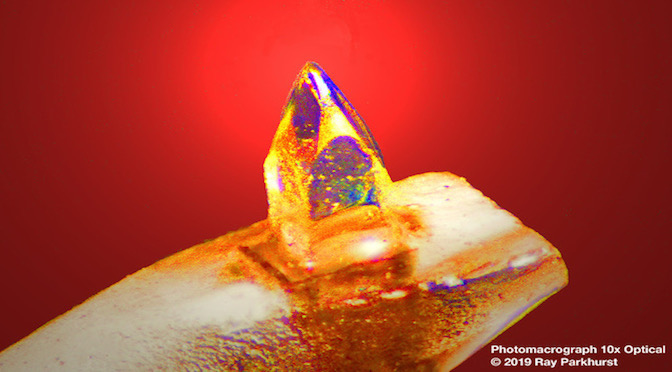When we compared KL and Audiodesk, the venue ambience was there more on AD and lost on KL. the compares were all on good quality classical. We did many LPs, and the randomised the order. Some were cleaned on AD first and listened, then KL second and heard again. Some the other way round. This was done on two visits. Regardless, both my friend and I preferred the AD. The KL makes the LP sound quiet, but loses the venue ambience. Is that just the high frequency loss your friend is talking about?
Comparing RCMs back and forth with a set of LPs is not the most straightforward way to compare them because you can never clean the same record twice. Using your example: if you clean with AudioDeske and hear venue context then clean that same record with KLA, did you hear less venue context? I'm not disputing your preference, just being sceptical of the methodology.
Fwiw, the AD is a very different machine and protocol from the KLA. The AD uses two cavitators, brushes and detergent while the.KLA uses four cavitators and water only
Imo, from my experience comparing record cleaning machines and products, the best we can probably hope for is judgement based on broader considerations over time. For used records, clean 20 with one method and a different 20 with another method. From playing/listening do you notice any tendencies? Of corse there many other factors for evaluating machines themselves.
I am not switching machines. But I will set the machine to only 1 minute of cleaning going forward.
Pardon me, that makes no sense. Will you get one full rotation in a minute?
the build quality of the KL Audio makes other RCM's i've tried look like toys.
I agree that build quality and feature set are superior with KLA, especially newest models. Early AD machines had teething problems as Reiner Glass perfected his design and today they remain near impossible to repair and difficult to clean internally. (I was fortunate with one I owned which worked fine.) However, I do not believe that cleaning without soap / surfactant is more effective for most objects including vinyl records. There are chemicals such as Tergitol that clean vinyl quite effectively. I'm not suggesting you should be dissatisfied with your KLA results, just talking best practice.







